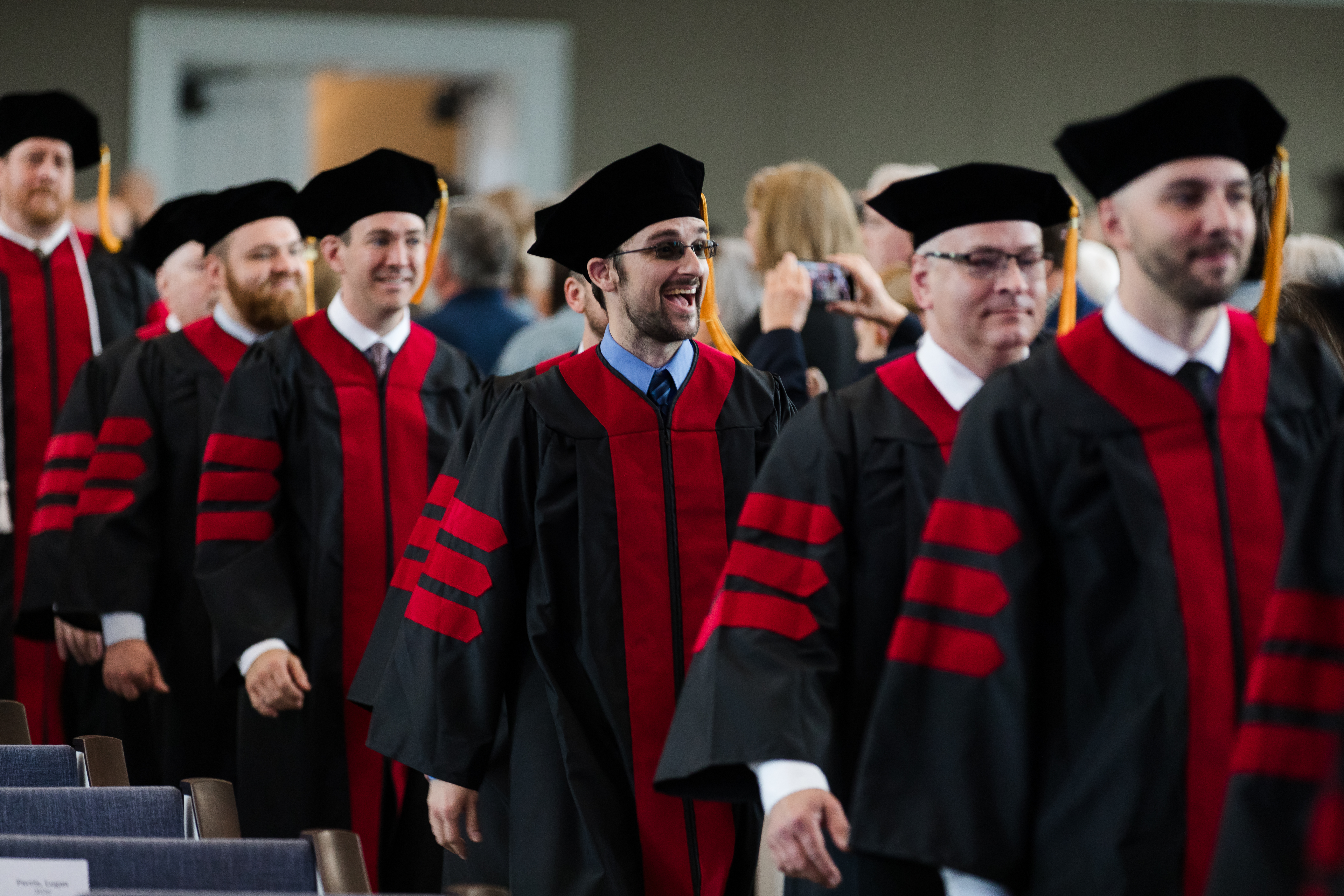However, Paul also calls Christians to pursue a different type of unity and peace with the community. Paul instructs the Roman Christians in their social relations: “If possible, as far as it depends on you, live at peace with everyone” (Rom. 12:18). Paul condemns needless divisiveness on the part of Christians. He also recognizes, however, that division may be necessary to avoid improper unity. Unity may be sinister.
Sinister Unity
Twentieth-century Columbia University sociology professor Robert Nisbet applied the term “sinister” to unity that harms individuals and a pluralistic society. Nisbet studied the importance of diverse institutions that stand between the individual and the state (called intermediary institutions). He examined the crucial role of voluntary associations, family, and the church in forming community ties that combat the extremes of individualism and statism.
Nisbet recognized the danger of pursuing political unity, which curtails the freedom of the various institutions in a pluralist society. He wrote that when the promotion of unity is “transferred . . . to the area of politics, it frequently becomes sinister. For then it tends to become absorbed, as an ideal, by existent structures of administrative power. The philosophical quest for unity and certainty becomes, as it were, a kind of apologetics for political standardization and centralization.”[1] Unity can be dangerous when achieved by political or governmental coercion. The Christian can glean much wisdom from Nisbet’s distinction between sinister unity and sound unity. This perspective informs Christian citizenship.
Sound Unity
A sound, or healthy, national unity appreciates the differences that characterize a large country composed of many small communities. One motto of the United States conveys this truth. “E pluribus unum,” or “out of many, one,” emphasizes unity in a pluralistic society.
Various religious groups, for example, worship in our country and should be respected and protected from state coercion. The Baptist Faith and Message 2000 acknowledges this: “The state owes to every church protection and full freedom in the pursuit of its spiritual ends. In providing for such freedom no ecclesiastical group or denomination should be favored by the state more than others.” Christians, especially Baptists, should reject forced national unity that tramples upon the freedom of intermediary institutions. Instead, we must promote religious liberty—and its resulting pluralism.
Nisbet and the Baptist Faith and Message agree about the need for religious liberty. Respecting intermediary institutions, including the church, is necessary for sound national unity. When Christians promote this type of unity in the political sphere, they properly live out their citizenship as participants in a representative democracy.
The Christian protects democracy, including religious liberty, by ironically advocating for a certain lack of unity. Nisbet observes that “the continued existence of this array of intermediate powers in society, of this plurality of ‘private sovereignties,’ . . . constitutes . . . the greatest single barrier to the conversion of democracy from its liberal form to its totalitarian form.”[2] Christians can work towards peace by protecting the diversity of institutions that make up our society.
Conclusion
Some Christians may pray for unity to avoid the discomfort that often results from living in a pluralistic society. Nisbet highlights the insight of another deep thinker, Frank Tannenbaum, to reveal why this motive is mistaken. He recognized that peace through pluralism is not always comfortable. Unity in a pluralistic culture, such as that of the United States, may be characterized by healthy arguments and tension between members of diverse intermediary organizations. However, Tannenbaum notes that “the only way to peace in this world of fallible human nature is to keep all human institutions strong, but none too strong . . . It is only thus that peaceful irritation and strife, so essential to social and individual sanity, can be maintained.”[3]
Christians should certainly pray for national unity. But we ought to consider our definition of unity. Believers must reject unity achieved by suppressing others, especially through state action. Christians are wise to heed Nisbet’s advice to promote and protect varied intermediary institutions, not just Christian ones. These institutions serve a crucial purpose: community-building and democracy-protecting,





No comments have been added.